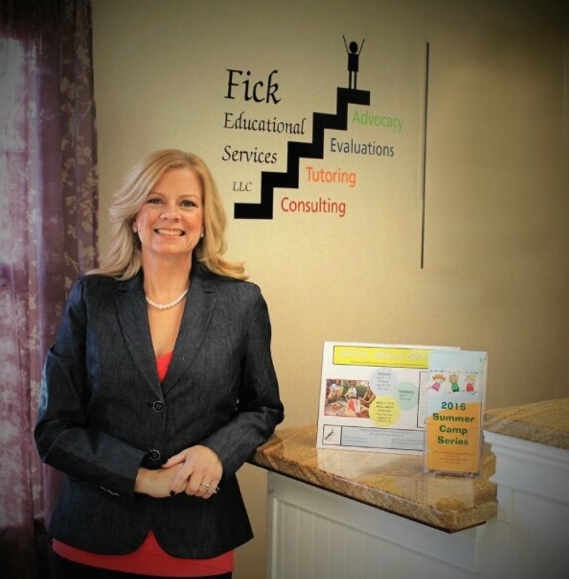Ambiguous language choices can get us into a whole heap of messes. Don’t agree? Well, consider the following scenario. You’re invited to a dinner party at your neighbors’ house and you spend the afternoon baking a cake. You stop to chat with your neighbor and they say, “Thank you so much for bringing the cake. I’ve never tasted a cake quite like that before.” Hmm… that statement leaves a lot of room for interpretation. Was the cake tasty? Was it awful? As the chef, should you be insulted? Or proud?
Although a superficial example, the above illustrates the point quite clearly. Words matter and a great deal can hinge on one small word. This is especially true for language choice in IEP’s. When reviewing your child’s IEP, pay close attention to the following word categories:
- Words of frequency such as some, always, often, rarely
- Words related to attention such as distracted, off task
- Redirection phrases such as prompts, encouragement
If a teacher says your child often exhibits a certain behavior, dig deeper. What does the teacher mean by often? Similarly, a statement that Sally is distracted in class doesn’t explain how that distraction manifests itself. The way in which distraction manifests itself directly impacts the strategies used to tackle it. Lastly, if an accommodation mentions the teacher offering prompts to redirect the student, ask for specifics. What will that prompt look like?
If you see some of these vague words, don’t hesitate to ask probing questions. It is your right as a parent or caregiver to ensure that the IEP addresses your child’s needs. As you probe, you will most likely find that your school wants the same for your child as you do. However, if you still feel unsure or are experiencing resistance from the school personnel, an advocate might help. Call us at 610-457-2199 to learn more about Fick Education’s advocacy services. View our website at www.fickeducation.com/educational-advocacy/for more information.

 Fick Educational Services is devoted to the educational needs of the children through individualized learning plans, tutoring and advocacy.
Fick Educational Services is devoted to the educational needs of the children through individualized learning plans, tutoring and advocacy.

